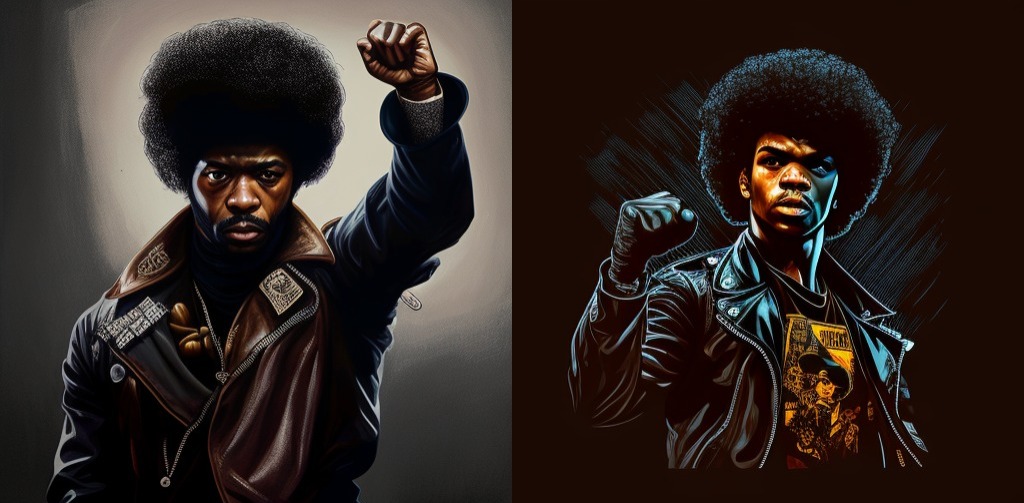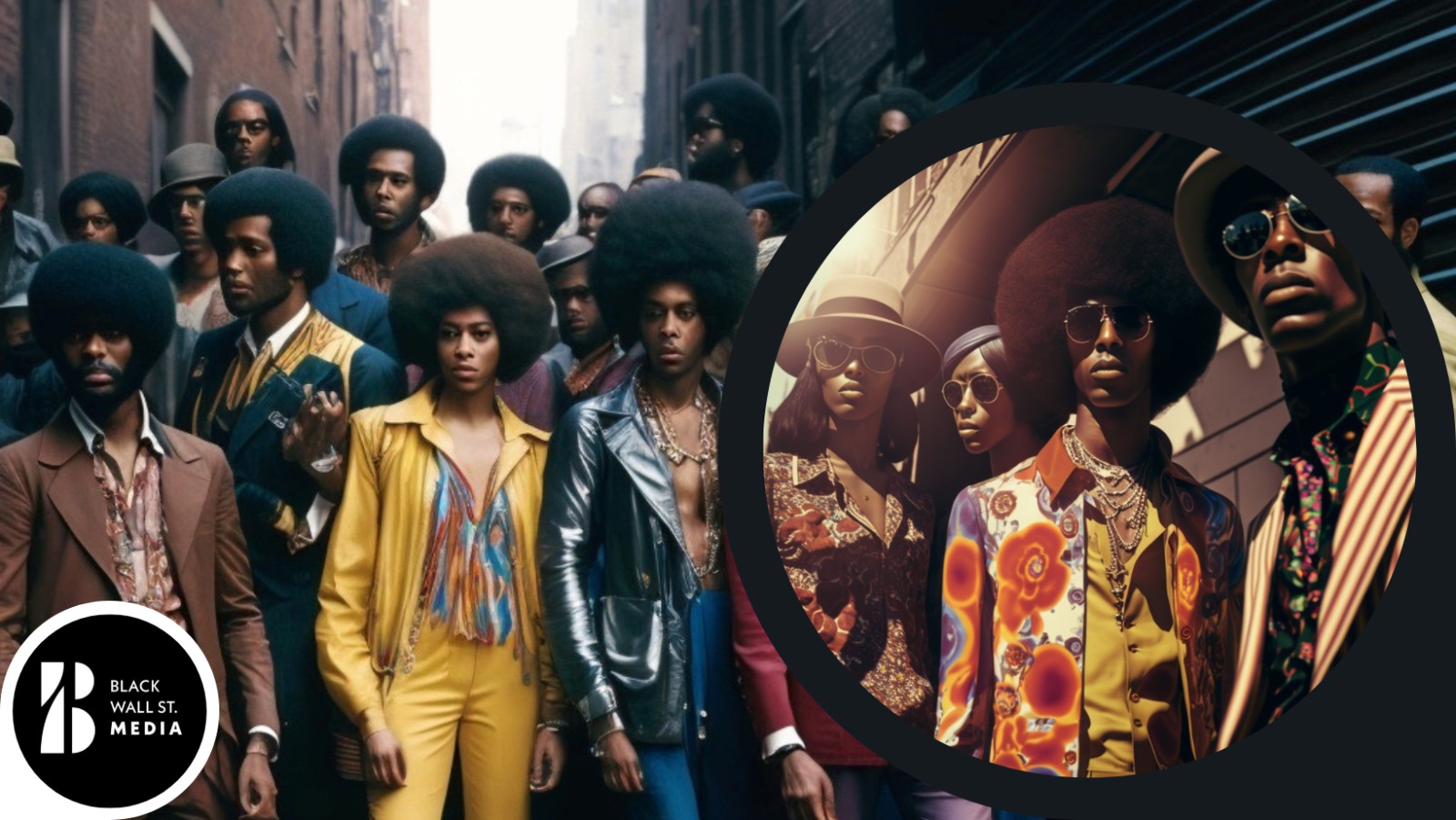
Many naturalistas are aware that the current natural hair “trend” is not a precedent and that an earlier movement existed back in the 60s and 70s. Nonetheless, the history of this “first” movement is often overlooked and even oversimplified. The “afro” of the 60s and 70s was not just a “style” of that period nor merely a political statement. Let’s go back in time for a moment …
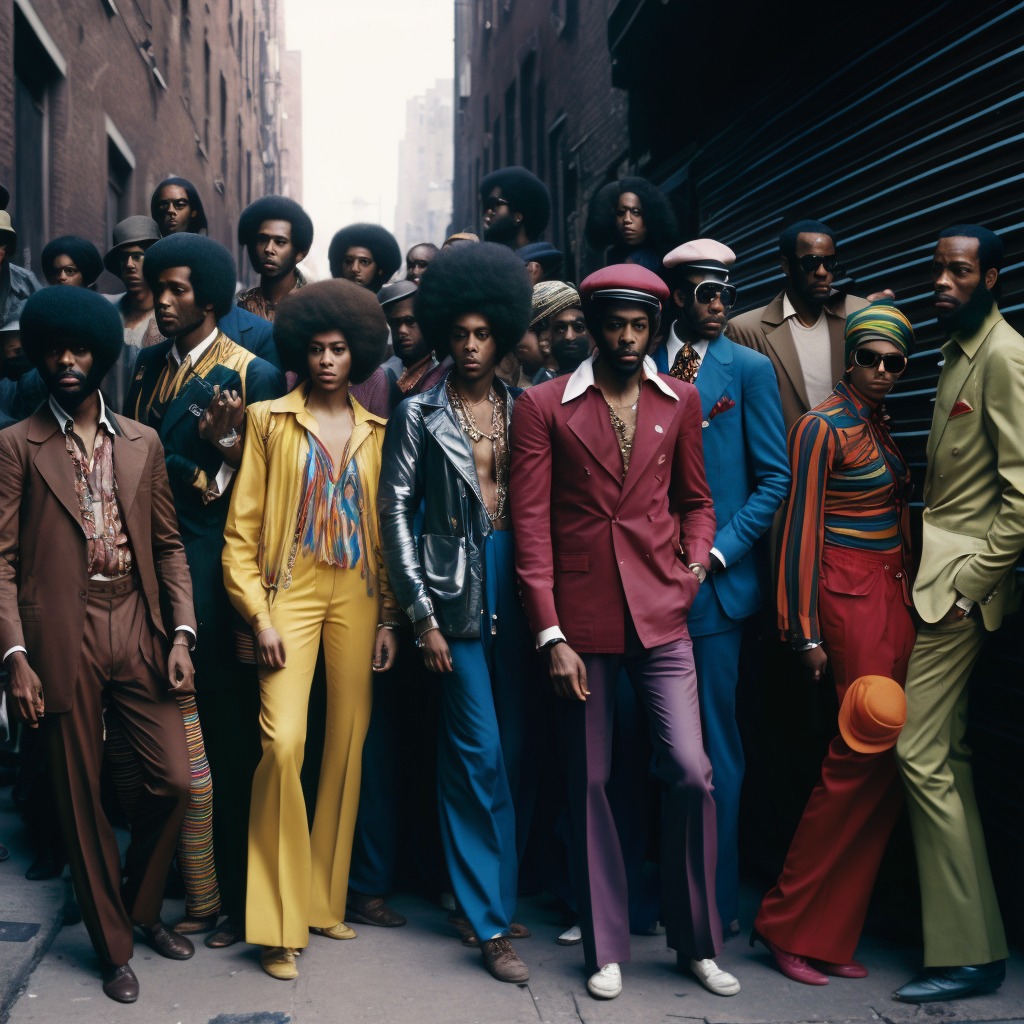
Between 1964 and 1966, the Civil Rights movement was morphing into the Black Power movement, according to Byrd and Tharp of “Hair Story: Untangling the Roots of Black Hair in America.”
The Afro hair movement of the 1960s and 1970s began as a cultural and political expression of Black pride and empowerment. During this time, Black Americans were fighting for civil rights, and the Afro became a symbol of resistance against the oppression and discrimination they faced.
The popularity of the Afro hairstyle grew out of the Civil Rights Movement, the Black Power Movement, and the Black Arts Movement. The Afro was seen as a way to reject Eurocentric beauty standards that had dominated American culture for centuries, and instead celebrate Black identity and culture.
The Afro style was also embraced by Black celebrities, musicians, and activists, including Angela Davis, Jimi Hendrix, and the members of The Jackson 5. Their influence helped to make the Afro hairstyle a mainstream trend and a symbol of Black pride and liberation.
The Afro hair movement was not only a style choice but also a political statement. The Afro was a rejection of the assimilationist approach to civil rights, which advocated for Black Americans to assimilate into mainstream American culture by conforming to white beauty standards.
Instead, the Afro was a celebration of Black culture, heritage, and identity. It represented the rejection of societal norms and the embrace of one’s natural beauty. The movement empowered Black people to embrace their heritage, culture, and history, which had been suppressed by centuries of slavery and institutionalized racism.
The Afro hair movement of the 1960s and 1970s was a powerful expression of Black pride, identity, and resistance. Its influence can still be seen today in the way Black people choose to wear their hair and the way they celebrate and embrace their culture and heritage.
The Afro Hair Movement of the 1960s and 1970s was a cultural and political statement that challenged Eurocentric beauty standards and celebrated Black identity.
The Afro hairstyle, characterized by its voluminous and natural curls, became a symbol of Black pride and resistance against racism and discrimination. However, the movement lost momentum by the late 1970s, and the Afro hairstyle became less prominent.
So what happened? How did the Afro hair movement end?
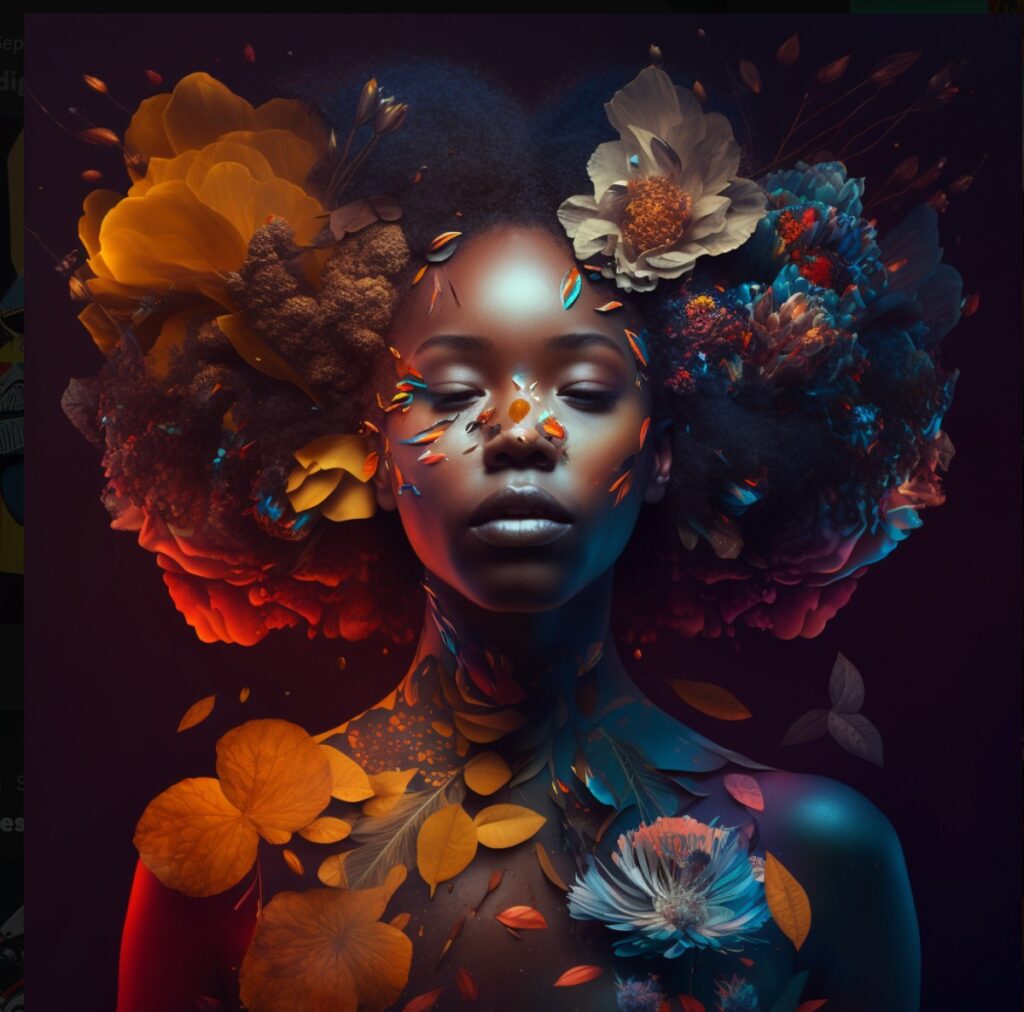
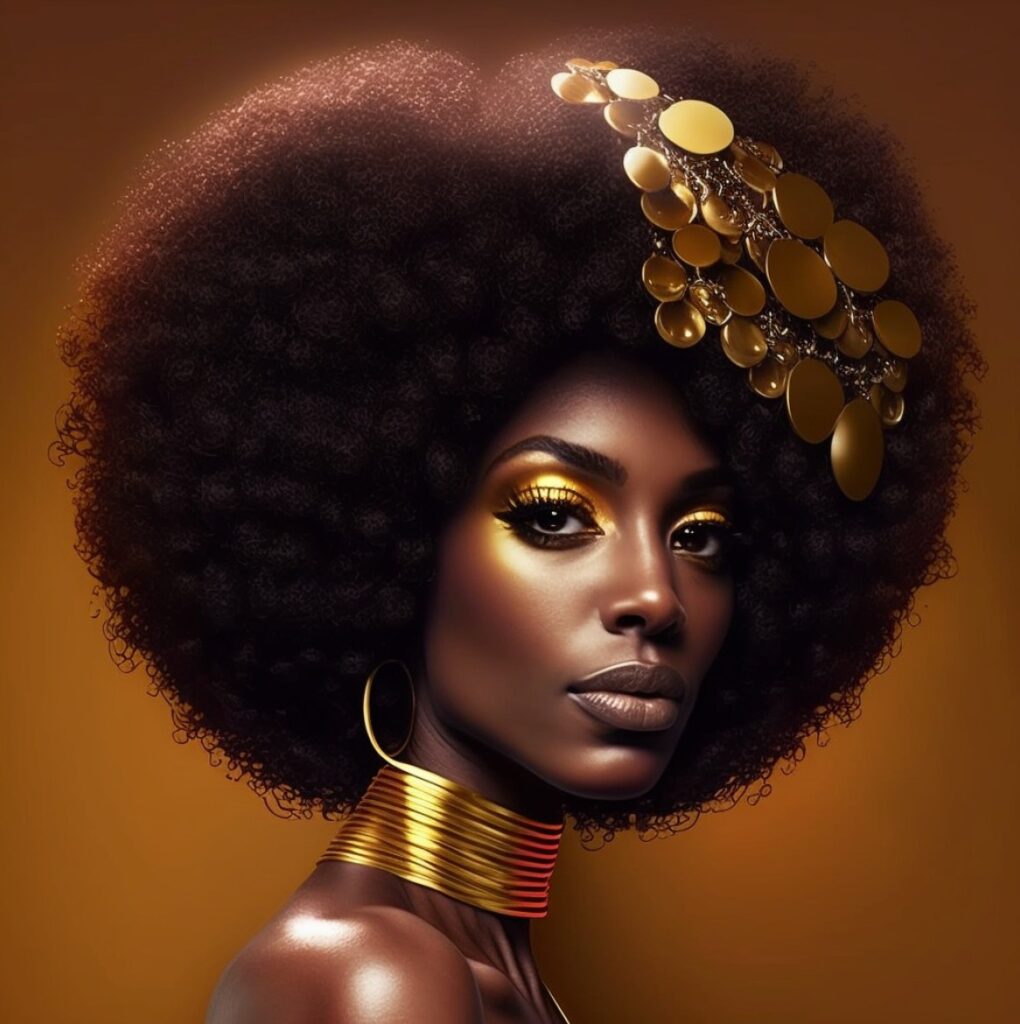
One factor that contributed to the decline of the Afro hair movement was the rise of disco culture in the late 1970s.
Disco music and fashion promoted a more glamorous and polished look that emphasized straight hair and sleek styles.
As disco gained popularity, the Afro hairstyle became less fashionable and was associated with a more militant and radical aesthetic.
Many Black people who embraced the Afro hairstyle and culture during the civil rights era and the Black Power movement felt that the disco era was commercializing and diluting the political and cultural significance of the Afro.
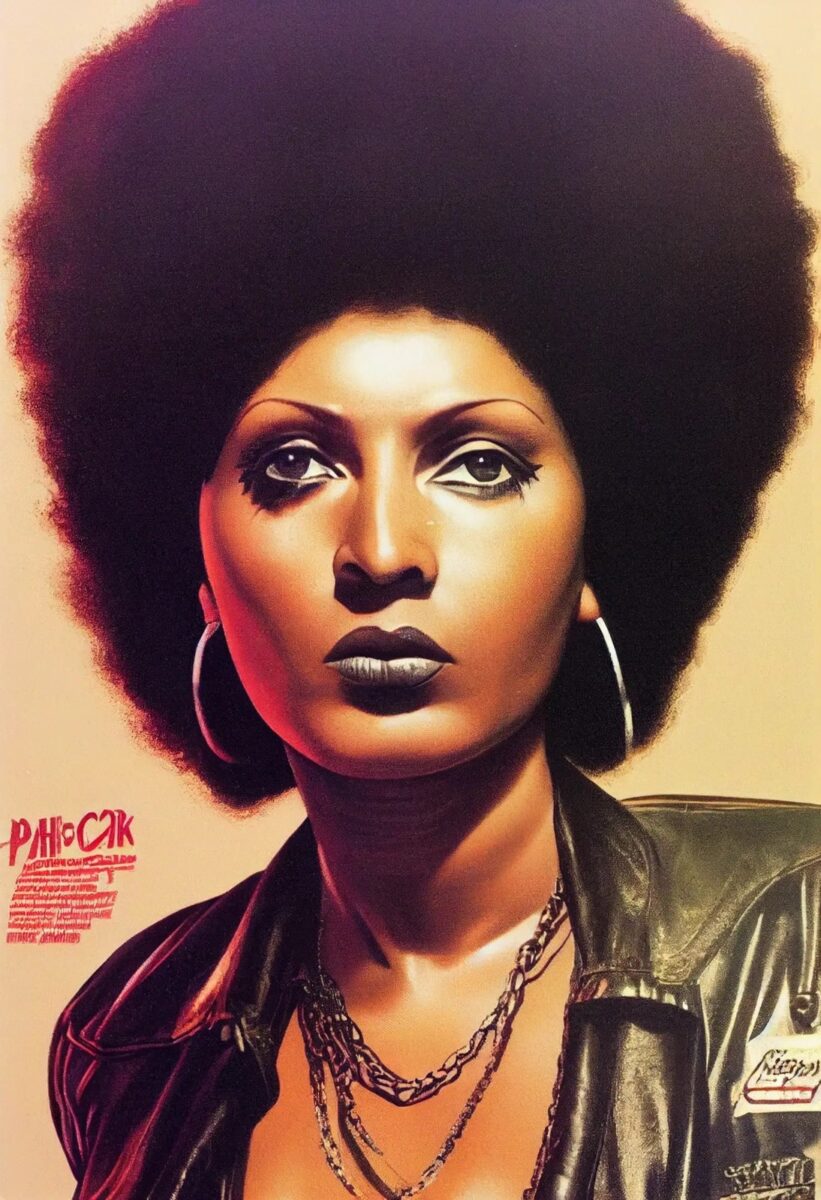
By the late 1960s and 1970s, the natural hair movement was permeating the black population.
The afro was not just seen on members of the Black Panther Party, but on college students, other activists, and in film.
Pam Grier. (Movie: “Foxy Brown”, 1974)
Blaxploitation films, like Cleopatra Jones and Foxy Brown, were also featuring female characters with their hair in its natural state.
Tamara Dobson. (Movie: “Cleopatra Jones”, 1973).
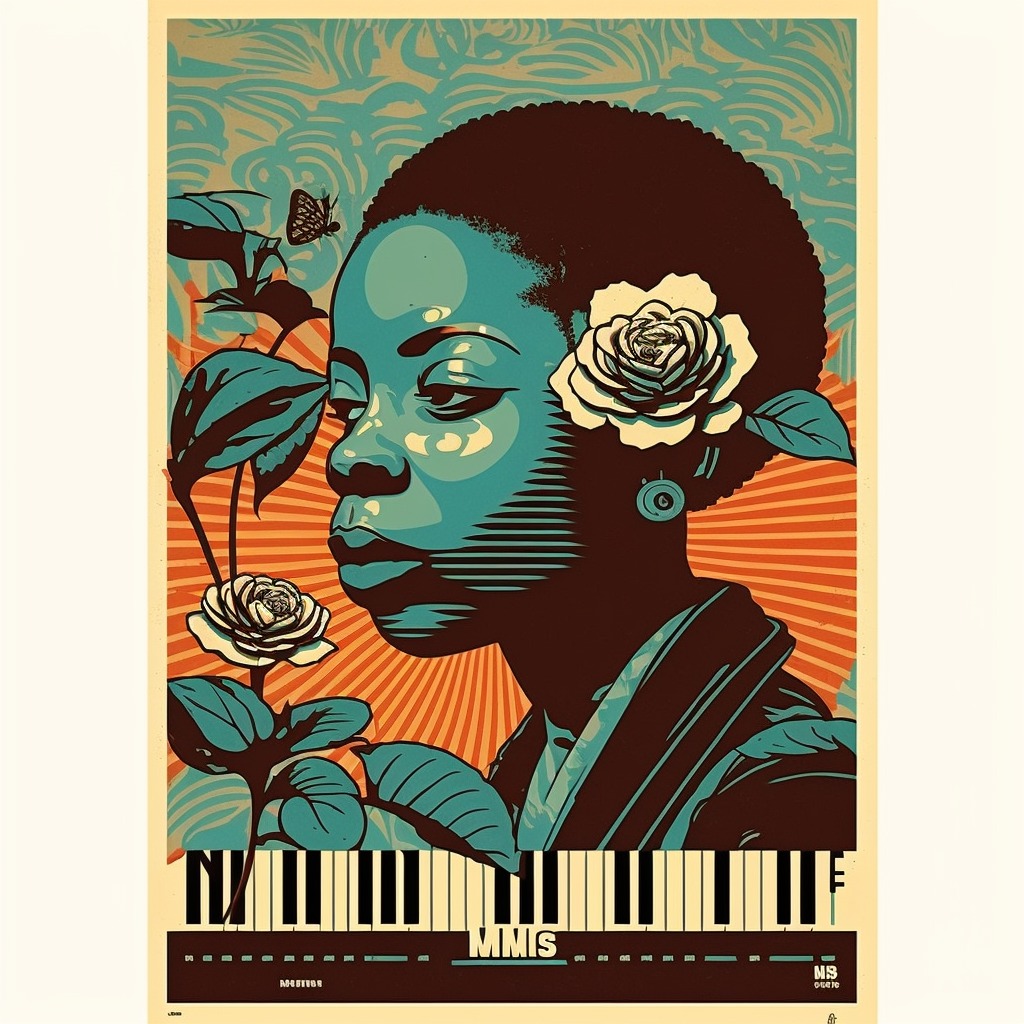
Toni Morrison (L) and Angela Davis (R)
Another factor that contributed to the decline of the Afro hair movement was the changing political climate of the 1980s.
The 1980s saw a conservative backlash against the progressive social movements of the 1960s and 1970s.
The Reagan administration and its supporters promoted a narrative of individualism and consumerism that discouraged collective action and political activism.
As a result, the Afro hair movement, which was rooted in a sense of community and solidarity, lost its appeal to many Black people who were influenced by the conservative zeitgeist of the era.
The globalization of beauty standards also played a role in the decline of the Afro hair movement. As Western culture and media became more dominant around the world, Eurocentric beauty ideals became more pervasive and influential.
Many Black people felt pressure to conform to these beauty standards and began to embrace straightened and relaxed hairstyles instead of the Afro. The popularity of weaves, wigs, and other hair extensions also contributed to the decline of the Afro hair movement, as they offered Black women more options for achieving long, straight hair.
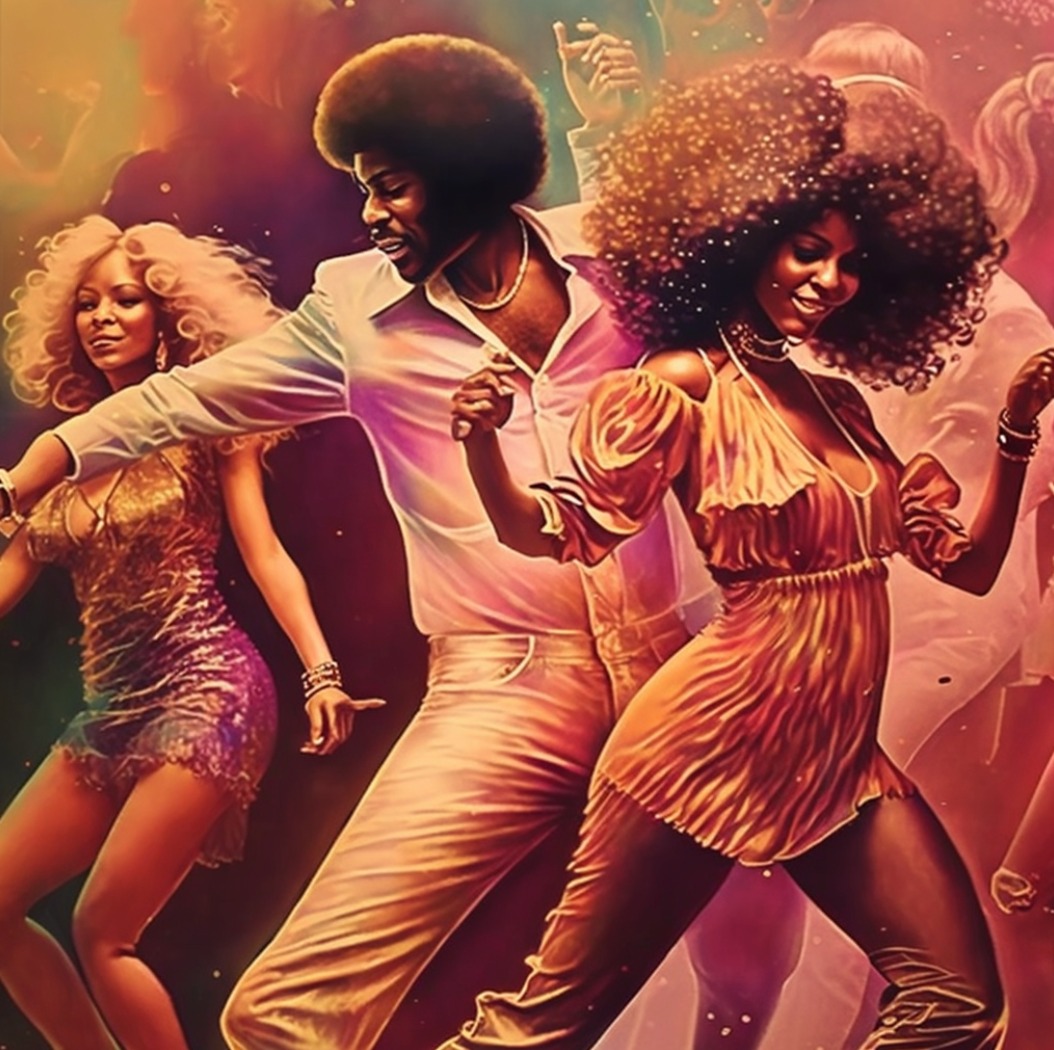
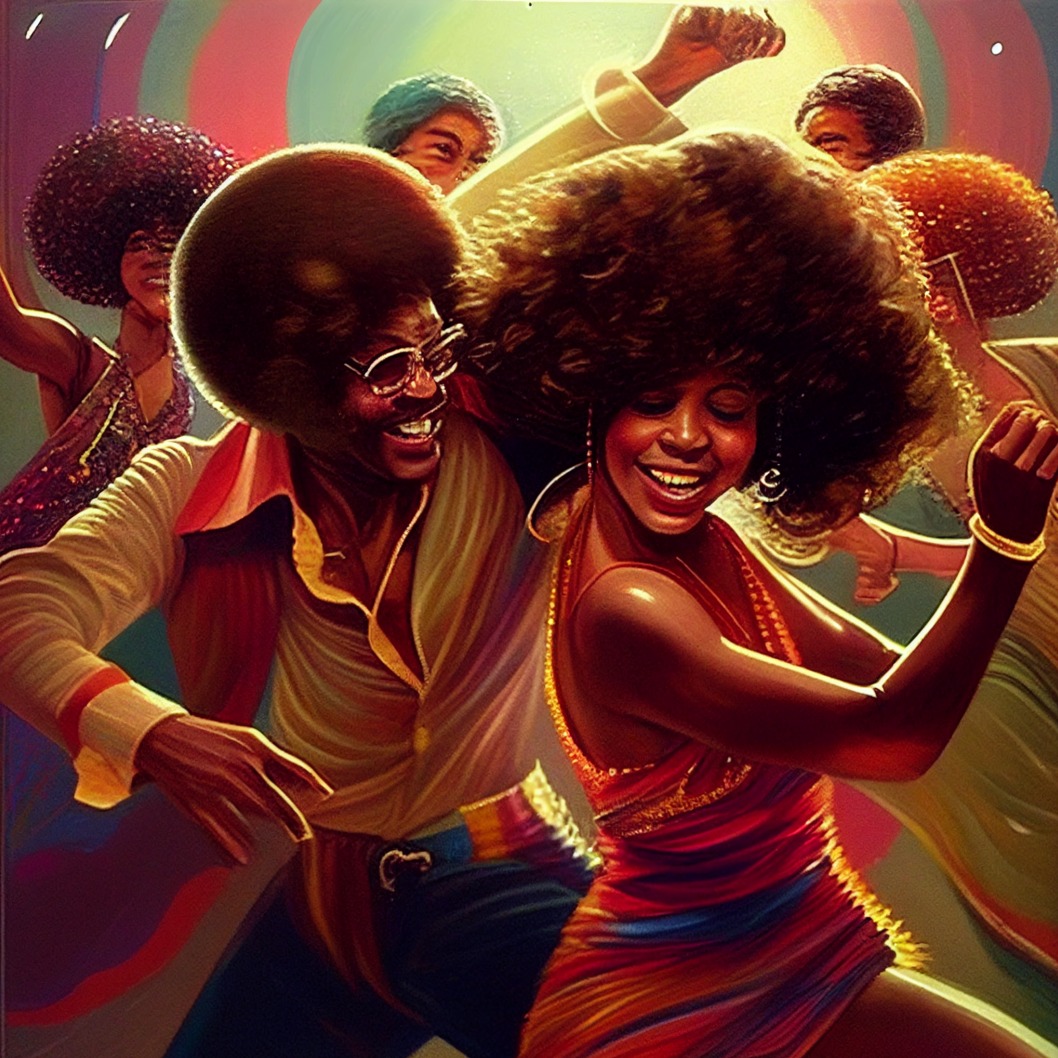
Despite its decline, the Afro hair movement had a lasting impact on Black culture and identity.
It inspired a new generation of artists, musicians, and activists to celebrate Blackness and reject assimilation into mainstream culture.
The Afro hairstyle remains a symbol of Black pride and resistance, and many Black people continue to embrace their natural hair texture and style as a way to reclaim their identity and challenge beauty standards that exclude them.
In conclusion, the Afro hair movement of the 1960s and 1970s was a powerful cultural and political statement that challenged Eurocentric beauty standards and celebrated Black identity.
However, the movement lost momentum due to the rise of disco culture, the changing political climate of the 1980s, and the globalization of beauty standards. Despite its decline, the Afro hair movement remains a significant moment in Black history and continues to inspire new generations of Black people to embrace their natural hair and celebrate their identity.
Enter Into A World Of Black hair
Culture
Black British women and the natural hair movement | Identity |
These black women are embracing their natural curls and ditching the chemicals that make their hair straight.
The Business Of Black Hair
African-American men and women spend billions of dollars on their hair, but U.S. beauty care companies are missing out. Mintel values the black hair care industry at more than $2.5 billion, but that statistic doesn’t include products such as hair accessories, wigs or electric styling products. So, the industry is actually worth much more. Most hair care products purchased by African-Americans are imported from countries such as India and China, despite the U.S. having one of the most lucrative hair care markets in the world
How do we embrace our natural hair?
Throughout history, black men and women have often been told their natural afro hair is unkempt, excessive and unprofessional. But things are starting to change. In 2019, California became the first US state to pass the Crown Act, a piece of legislation making race-based hair discrimination illegal. But does society, and the black community itself, still have a hard time accepting natural hair? Read more here: https://trib.al/W5Jyl9G

